Understanding what is cast iron seasoning made of is crucial for kitchen professionals who rely on cast iron cookware to elevate their culinary creations. The seasoning process not only enhances the flavor of food but also protects the cast iron surface, ensuring longevity and performance. In this article, we will delve into the intricate details of cast iron seasoning, discussing its components, importance, and methods of maintaining its effectiveness.
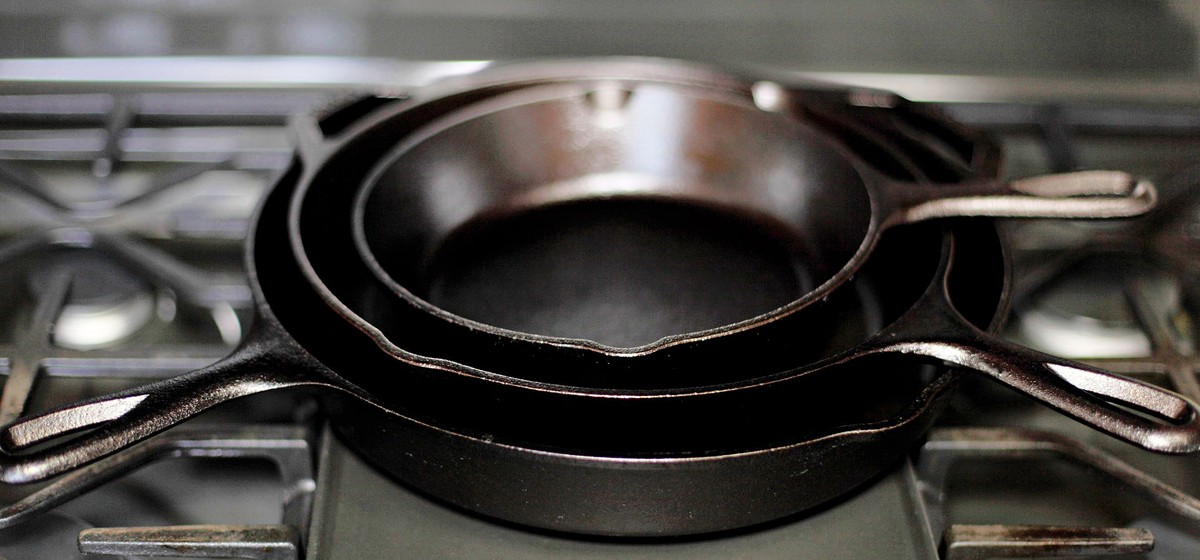
The Science Behind Cast Iron Seasoning
To deeply appreciate what is cast iron seasoning made of, let's explore the components. Essentially, cast iron seasoning is a layer of polymerized fat or oil that creates a non-stick and protective coating on the cast iron cookware. When heated, the fat oxidizes and bonds to the metal, creating a durable layer that functions as both a cooking surface and a barrier against rust.
The Role of Different Oils
Various oils can be used in the seasoning process, including:
- Flaxseed Oil: Known for its high smoke point and ability to create a hard, durable finish.
- Canola Oil: A common choice due to its affordability and decent performance.
- Vegetable Oil: Another popular option that works well for seasoning.
- Shortening: It can be used for elaborate seasoning layers.
Importance of Seasoning for Kitchen Professionals
For those in the culinary field, understanding what is cast iron seasoning made of gives insight into why its essential in a professional setting. A well-seasoned cast iron skillet or pot promotes even cooking and enhances flavors, making it a staple in many kitchens. It also reduces the likelihood of food sticking, which is an important factor when crafting dishes that require precise cooking techniques.
The maintenance of cast iron cookware is equally crucial. Regular seasoning can prevent damage and deterioration, significantly extending the lifespan of these investments. For further insights into the seasoning process, you might find this helpful resource.
Steps to Season Your Cast Iron Cookware
To effectively season cast iron cookware, follow these essential steps:
- Start with clean, dry cookware.
- Apply a thin layer of your chosen oil using a cloth or paper towel.
- Preheat your oven to around 450F (230C).
- Place the cast iron upside down in the oven and bake for at least one hour.
- Let it cool slowly in the oven to set the seasoning.
By following these steps, you will ensure that your cast iron emerges with a robust seasoning layer.
Common Issues in Cast Iron Seasoning
Kitchen professionals often face several challenges when it comes to maintaining their cast iron cookware. Issues such as uneven seasoning and rust spots can be prevalent. Rust spots on cast iron can arise if the cookware isn't seasoned properly or if it has been exposed to moisture. Regular maintenance is vital, and knowledge about what is cast iron seasoning made of will assist in preventative measures.
Cleaning Cast Iron Cookware Without Ruining Seasoning
Maintaining the seasoning is just as important as the initial application. When cleaning, avoid using soap or harsh chemicals that can strip away the seasoning. For detailed guidance, check out this article on cleaning cast iron.
How to Tell if Your Cast Iron Needs Seasoning
There are several indicators that might suggest your cast iron cookware requires seasoning. Signs include:
- Food sticking to the surface.
- Visible discoloration or dullness.
- Rust patches appearing.
If you suspect your cast iron needs a refresh, you can find helpful strategies on another resource here.
Frequently Asked Questions
1. How often should I season my cast iron?
Kitchen professionals usually season their cast iron cookware after every extensive use or when you notice signs that it requires a touch-up.
2. Can I use any oil for seasoning?
While you can use various oils, it's best to choose those with a high smoke point, such as flaxseed oil or canola oil, as they tend to produce better results.
3. What if my cast iron has rust?
If rust appears, it can often be scrubbed off using a mild abrasive, followed by a re-seasoning process to restore its protective layer.
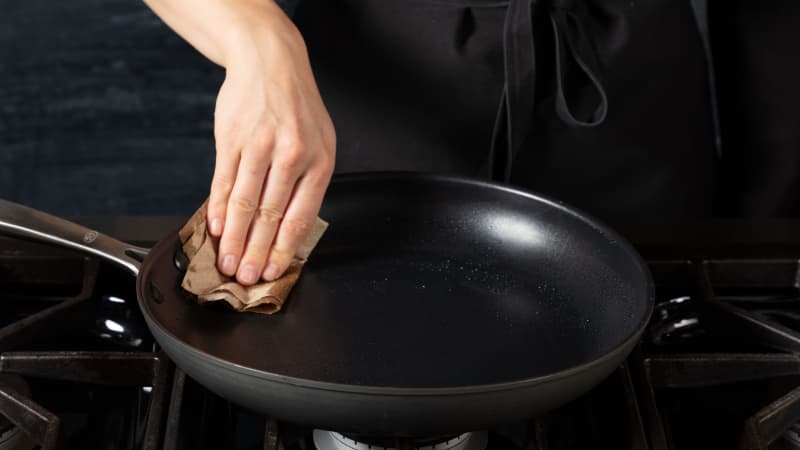
Final Thoughts
Understanding what is cast iron seasoning made of equips kitchen professionals with the knowledge needed to uphold the quality and performance of their cast iron cookware. Proper seasoning ensures that your cooking processes yield the best results, providing you with the satisfaction of perfectly cooked meals.
As an Amazon Associate, I earn from qualifying purchases.

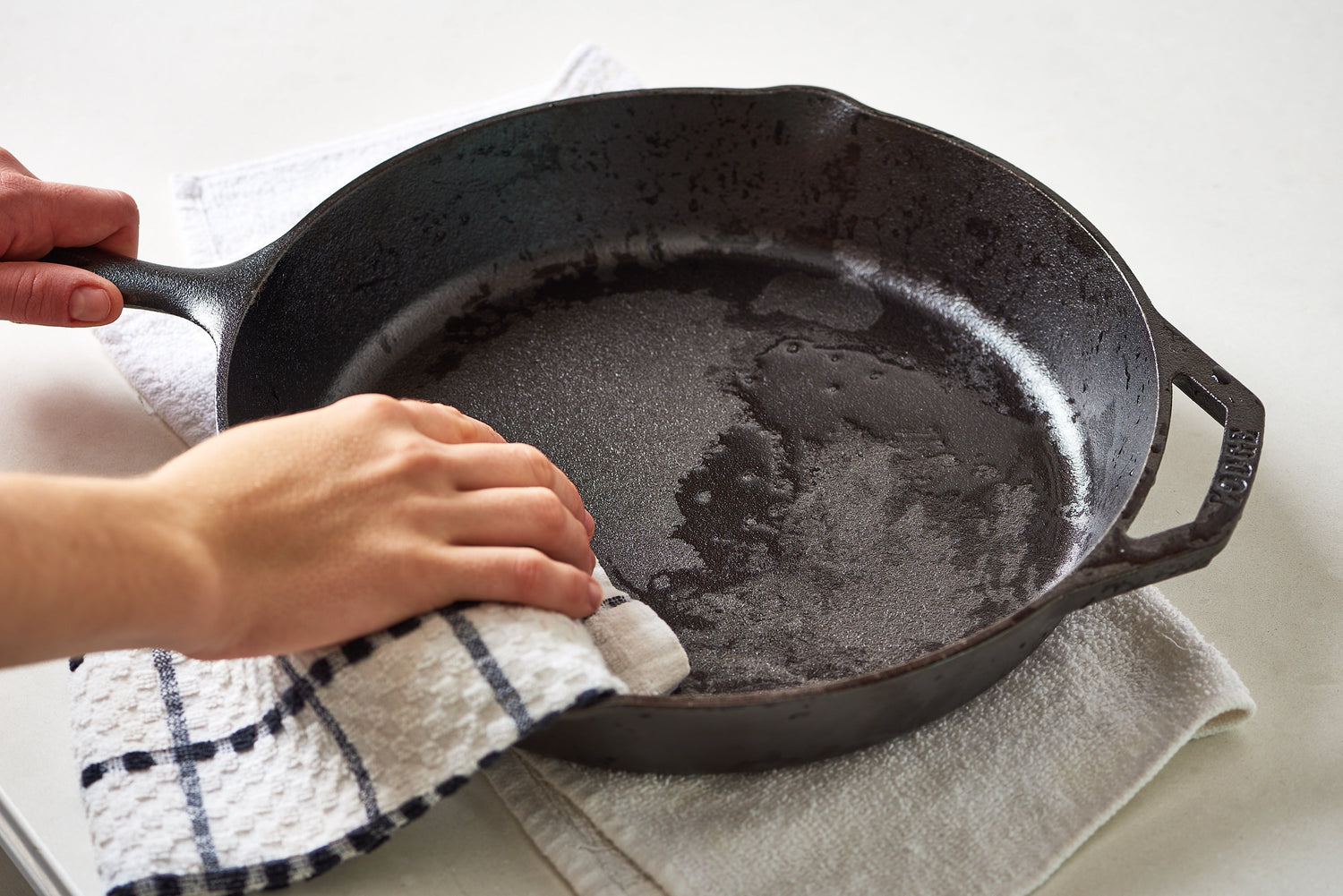


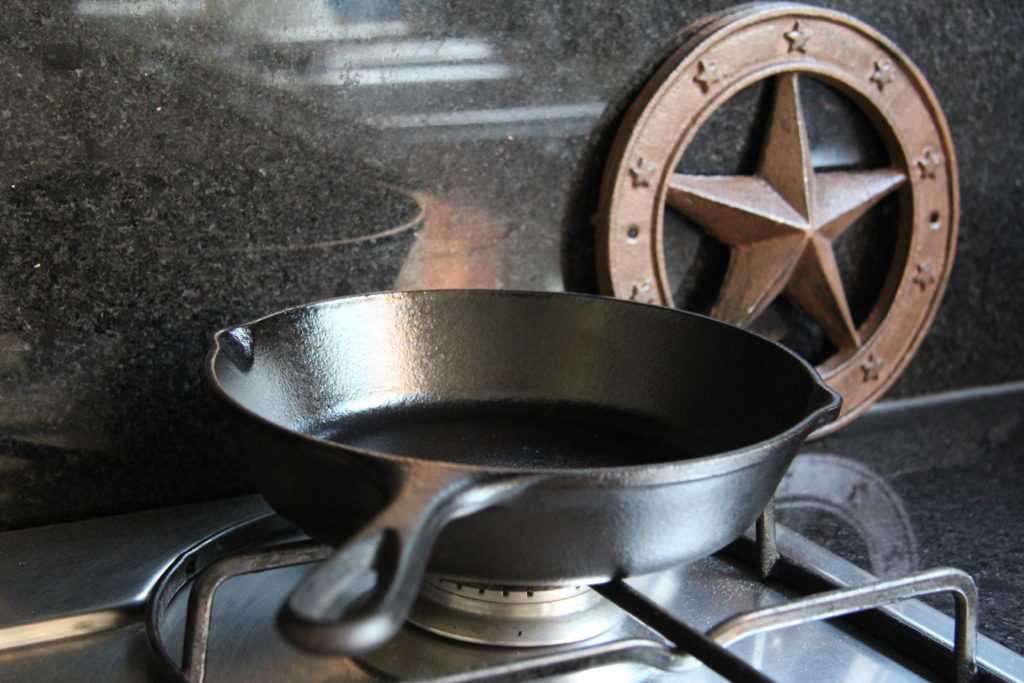
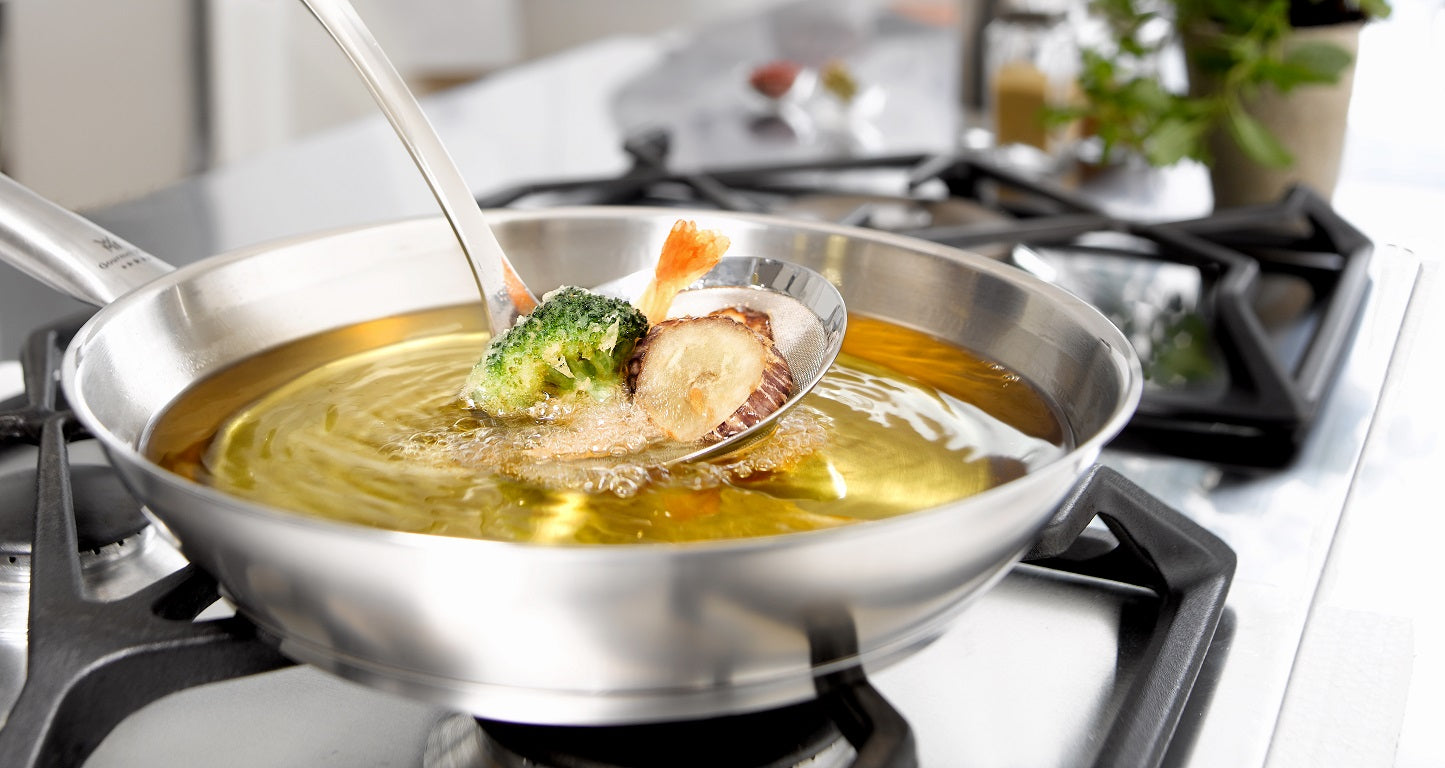
Leave a comment
This site is protected by hCaptcha and the hCaptcha Privacy Policy and Terms of Service apply.